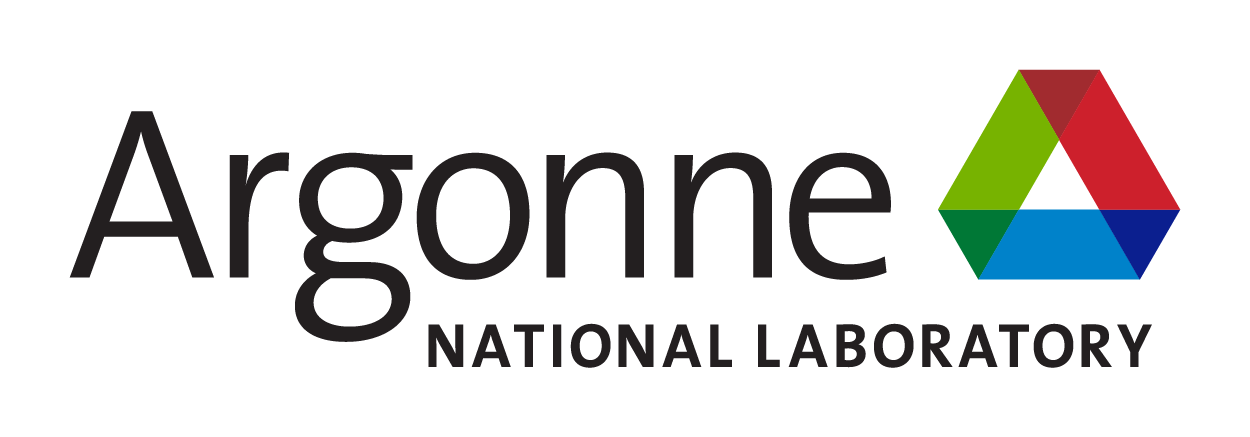SPEAKER: Xudong Wang (Professor, College of Material Science and Engineering, The University of Wisconsin - Madison)
TITLE: Free-Standing 2D Oxide Nanomaterials with Exotic Physical and Electrochemical Properties
ABSTRACT: Two-dimensional (2D) nanomaterials, particularly when their thickness is just one or a few atomic layers, exhibit physical properties dissimilar to those of their bulk counterparts and other forms of nanostructures. Nonetheless, 2D nanostructures so far have been largely limited to naturally layered materials, i.e. the van der Waals solids. A much larger and diverse portfolio of 2D materials including non-layered compounds are desirable to meet the specific requirements of individual components in various devices. We demonstrate that surfactant monolayers could serve as a soft template supporting the nucleation and growth of 2D nanomaterials in large area beyond the limitation of van der Waals solids. Through this approach, 1 to 2 nm thick, single-crystalline free-standing ZnO nanosheets with sizes up to tens of microns were synthesized at the water-air interface. This technique was denoted as Ionic Layer Epitaxy (ILE) – the first solution-based technique for growing large-area ultrathin nanosheets without the support of crystalline substrates. Mimicking the biomineralization processing by using mix charge surfactants led a successful synthesis of single-crystalline nanosheets from a broad range of functional oxide materials, including CoO, MnO2, Bi2O3, etc. Interesting physical properties emerged from the ultrathin geometry. For example, stable p-type conductivity was observed from the ZnO nanosheets as a result of electron depletion. High concentration of cation or oxygen vacancies could be controlled by the surfactant modulation, leading to superior magnetic property and memristive behavior. Thickness-dependent piezoelectric coefficients were quantified from Wurtzite ZnO with a unit cell resolution. Substantially enhanced electrochemical catalytic performance was also discovered from multiple ultrathin oxide systems. In general, ILE vastly broadens the range of 2D nanomaterials from layered van der Waals solids to oxide ceramics, opening up opportunities for discoveries of exciting transport, magnetic, photonic, and catalytic properties.
About the Speaker: Prof. Xudong Wang is the Grainger Institute for Engineering Professor in the department of Materials Science and Engineering at University of Wisconsin – Madison, and the Energy & Sustainability thrust Leader at the Grainger Institute for Engineering. Dr. Wang received his PhD degree in Materials Science and Engineering from Georgia Tech in 2005. His current research interests include studying the growth mechanisms and developing assembly techniques of oxide nanostructures; developing advanced nanomaterials and nanodevices for mechanical energy harvesting from human activities for biomedical applications; and understanding the coupling effect between piezoelectric polarization and semiconductor functionalities. He has won number of prestigious national and international awards, including PECASE, NSF CAREER Award, DARPA Young Faculty Award, 3M Non-tenured Faculty Award, Ross Coffin Purdy Award from the American Ceramic Society, and Young Innovators Under 35 Award (TR35) from MIT Technology Review. He has published more than 130 papers on peer-reviewed journals, including Science, Nature, Nature Energy, etc. His current h-index is 72.
LINK: https://uchicago.zoom.us/j/94220080385?pwd=b0VpcUFUOFNDT0pITk5WeTg4YjAwZz09
Meeting ID: 942 2008 0385
Password: 013444
- Please turn off your video to save bandwidth.
- We will mute your audio during the seminar to avoid any interfere.
- If you have any question during the seminar, please keep the question to the end of the meeting. We will have 5-10 minutes at the end of the seminar for Q&A.
- We will record the presentation and turn the recording off during the discussion session.
- The meeting will start (10 am) and end (11 am) on time.
- Please feel free to forward this seminar announcement to others who are interested in soft matter topic.
